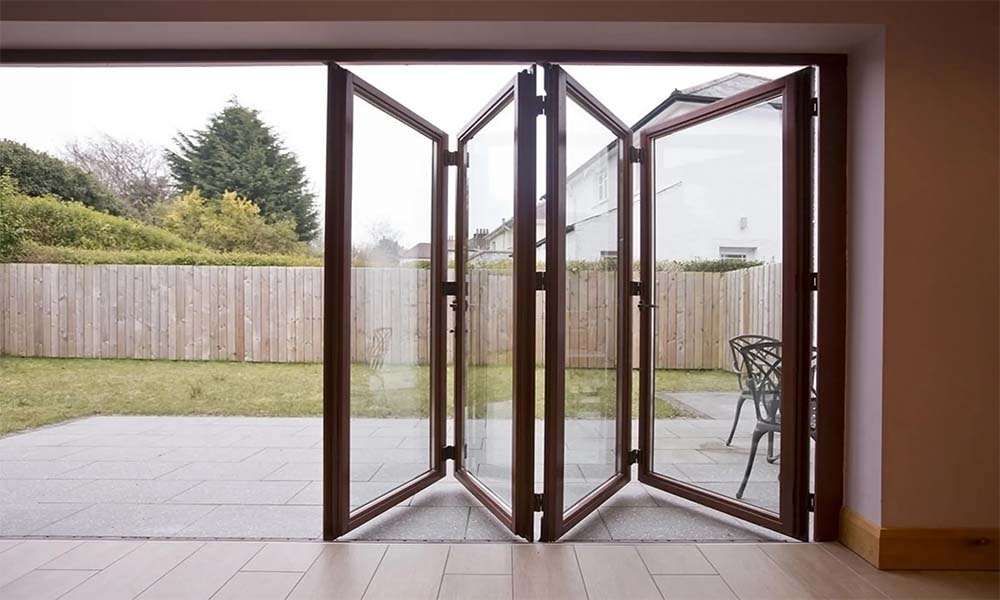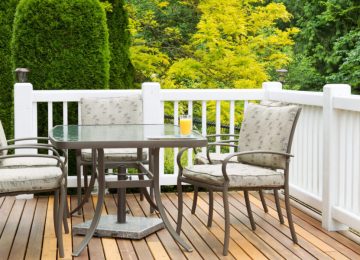When upgrading or installing doors in your home, choosing the best materials becomes a critical decision. The right material not only ensures durability but also plays a pivotal role in enhancing aesthetics, energy efficiency, and ease of operation. Among the various door styles, sliding doors have gained immense popularity for their sleek design and functionality. This blog explores the best materials for aluminum folding doors, sliding doors, and casement doors, with a particular emphasis on sliding doors.
What Makes Sliding Doors Unique?
Sliding doors are loved for their minimal, space-saving design. They glide horizontally along a track, making them ideal for areas where traditional hinged doors may take up too much space. Sliding doors also allow for expansive glass panels, creating seamless transitions between indoor and outdoor spaces while maximizing natural light.
To fully capitalize on these features, choosing the right material is essential.
Best Materials for Sliding Doors
Here’s a breakdown of the best materials for sliding doors:
-
Aluminum
Aluminum is one of the most popular materials for sliding doors due to its lightweight nature, sleek appearance, and durability.
Advantages:
Modern aesthetics: Aluminum frames provide a sleek and clean finish, perfect for contemporary homes.
Strength and longevity: Despite being lightweight, aluminum is highly durable and resistant to corrosion.
Slim profiles: Aluminum frames can be made thinner, maximizing the glass area for better views.
Low maintenance: Requires very little maintenance and can withstand harsh weather conditions.
Limitations:
Aluminum isn’t the best insulator, so you may need to invest in doors with thermal breaks or double glazing to improve energy efficiency.
-
UPVC (Unplasticized Polyvinyl Chloride)
UPVC is a cost-effective and versatile option for sliding doors, offering practicality and durability without compromising on appearance.
Advantages:
Affordability: UPVC is budget-friendly compared to other materials.
Energy efficiency: UPVC provides excellent insulation and can help reduce heating and cooling costs.
Low maintenance: Resistant to corrosion, rot, and fading, making it easy to clean and maintain.
Variety of finishes: Available in a range of colors and textures, including wood-like finishes.
Limitations:
UPVC is not as strong as aluminum or wood, so it may not be suitable for very large sliding door panels.
-
Wood
Wood has been a classic choice for doors thanks to its timeless aesthetic and natural warmth.
Advantages:
Elegant appearance: Perfect for traditional or rustic designs, and adds a natural charm to any space.
Good insulation: Wood is an excellent insulator and can help improve energy efficiency.
Customizability: Easily customizable with stains, paints, or carved designs.
Limitations:
High maintenance: Wood requires regular upkeep to prevent warping, rotting, and pest infestations.
More expensive: Quality hardwood can be costly compared to aluminum and UPVC.
-
Glass
Sliding doors often include glass panes as the primary component, surrounded by frames made of aluminum, UPVC, or wood.
Advantages:
Maximizes light: Glass lets in abundant natural light, which can brighten up your interior spaces.
Aesthetic versatility: Available in clear, frosted, tinted, or textured finishes for style and privacy.
Energy efficiency: Double or triple-glazed glass options can significantly improve insulation.
Limitations:
Glass is prone to scratches and needs regular cleaning to maintain its appearance.
- Steel
Steel is a less common but highly durable option for sliding door frames.
Advantages:
Exceptional strength: Steel frames can support large glass panels with ease.
Industrial look: Suited for modern, edgy interiors that favor industrial aesthetics.
Longevity: Resistant to warping or rotting, making it a long-lasting option.
Limitations:
Steel can be heavier than other materials, requiring a more robust sliding mechanism.
Prone to rust without proper treatment and coatings.
Aluminum sliding doors bring unmatched functionality and style to any space, but make sure to select materials that suit your needs and aesthetics. For modern homes emphasizing sleek finishes and durability, aluminum and glass are excellent choices. If insulation and cost-effectiveness are your main priorities, UPVC could be the best fit. Meanwhile, wood remains unbeatable for a traditional, warm look.
Ultimately, the decision boils down to your specific requirements for design, durability, energy efficiency, and budget. Whatever material you choose, sliding doors can transform your space and elevate its overall appeal.









